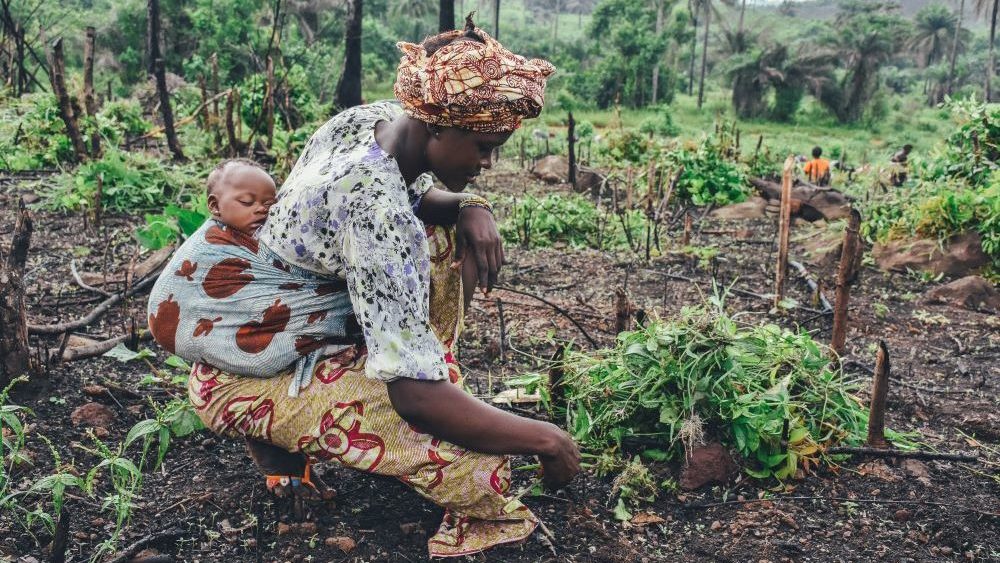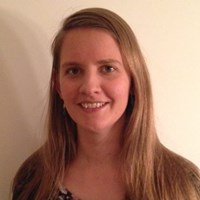By Dr Helen Coskeran
The focus on ensuring impact from research outputs is well-engrained in UK higher education institutions. Dedicated staff ensure achievements are captured in a multi-year impact evaluation exercise undertaken by national funding bodies known as the Research Excellence Framework. But large-scale interdisciplinary research programmes emerging from initiatives like the Global Challenges Research Fund (GCRF) pose different challenges in measuring impact than traditional research grants. Understanding how and why research has created change is central to such programmes.
Without this understanding, we can’t ensure that the evidence produced effectively creates pathways to address global challenges, nor can we hold researchers – and their funders – accountable to end users of research results.
Funders’ preferences differ on the terminology and tools they recommend, or require, grantees to implement. However, my experiences from monitoring progress, assessing impact and capturing learning in two large GCRF programmes – AFRICAP and African SWIFT – suggest this matters less than developing these in collaboration between organisations in the Global South and North.

Time constraints around bid submission may mean the lead institution is solely responsible for developing the first iteration of tools like theories of change (depicting pathways to impact) and logical framework (featuring indicators against which programme success can be monitored). This in itself isn’t always a bad thing, but – if that institution is based in the Global North – can set a dynamic that affects partnerships later on.
The risk is that the project objectives will be driven by an institution based in a different region to that in which the bulk of activities are being implemented, thereby failing to fully address the problem or needs identified. As such, devoted time for co-development of these tools is essential and should be supported during the design, inception and implementation phases of any multi-year research and advocacy programme to ensure equitable partnerships from the outset.
In the AFRICAP and African SWIFT programmes, we have used participatory approaches to develop theories of change and monitoring and evaluation tools for specific programme activities (by country or event). These have been useful in collaboratively realigning aims and expectations across the consortium in the latter half of programme implementation.
The Food Systems Research Network for Africa (FSNet-Africa) led by the University of Pretoria prioritised this co-production from the start. A two-day workshop with key partners FANRPAN (the Food, Agriculture and Natural Resources Policy Analysis Network) and the University of Leeds allowed a collaborative approach to identifying the research problem and designing an appropriate approach to address it.
All three partners – from policy advocacy and academic viewpoints – provided input on the theory of change at proposal development stage.
Time has also been allocated to consult with partners on the next iteration in preparation for the programme launch in January 2021. This early coordination on matters related to impact and beyond is already proving beneficial in the form of jointly developing approaches to monitoring and evaluation, and making advance plans to capture baseline data. Structures are also in place to monitor the progress and impact of the partnership itself, allowing us to identify further benefits of this collaborative approach as implementation progresses.
Applying this approach early on in large-scale research-advocacy programmes is vital, both to ensure agreement on how impact will be achieved and captured, but also to set the tone for equitable implementation. Funders and implementing institutions alike need to ensure the time and resources are made available to achieve this.
About the Author

Dr Helen Coskeran is the Monitoring and Evaluation Lead for GCRF AFRICAP and GCRF African SWIFT, and Impact Coordinator for FSNet-Africa.
